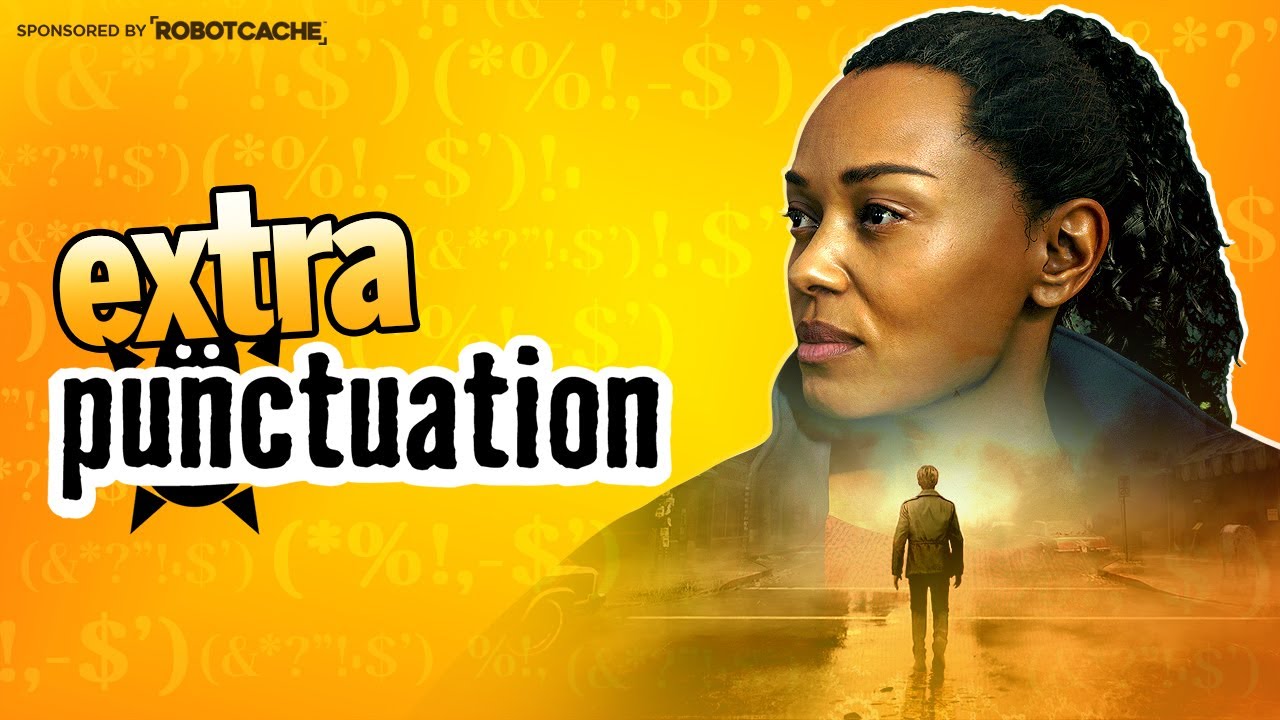With recent news stories on upcoming games like Starfield and Alan Wake 2 not having physical releases – although I think Starfield backpedaled on that one, that’s the 24-hour news cycle for you – perhaps it’s a good time to bang the old game ownership drum again. Churlish as it may seem to keep complaining considering that the vast majority of game purchases are digital only these days. Publishers do keep creeping up the price of new games and riddling them with illicit moneymaking schemes ostensibly to match the rising cost of game development so I suppose no longer having to print and ship fifty million plastic cases around the world has got to knock a chunk off the publishing budget.
I say that knowing full well they absolutely will still print and ship fifty million cases around the world, in which to put download codes on pieces of paper, and after that we, I dunno, prop them up on the mantelpiece like a sodding birthday card. I suppose the idea is that I can display it on my game shelf so that family and passers-by will know that I am a savvy consumer who buys quality products. At least until someone decides to take the game off digital stores for whatever reason, after which family and passers-by will know I’m a twat who paid seventy bucks for a piece of paper in a box.
It’s the ephemeral nature of digital media that rubs people up the wrong way. If you have a physical copy of a game on a disk and a platform on which to run it then you can go up to your isolated cabin with a portable generator and play it as much as you like, and theoretically still do it a hundred years from now as long as you can keep the wildlife and insane survivalists away. Digital media is reliant upon there always being internet access and the game’s controllers always being inclined to maintain availability and as such we don’t so much own games as pay to temporarily host them on our hard drives.
The opposition to always-online gaming has gradually softened over the years as it got more and more tiring to keep complaining about it, and dig in our heels against the unstoppable force of society in general becoming more and more internet dependent, to the point that most first world nations consider it a basic necessity like hot and cold running water and access to poo pipes, so it’s harder to argue for the necessity of gaming offline when most people are always connected anyway. I mean, the internet no longer working is basically an apocalypse scenario at this point, and if it comes to that humanity will have bigger problems than game preservation to worry about. We’ll be sitting around the campfire trying to explain Hideo Kojima’s body of work and no one’s going to believe us.
But being able to actually own and play games is about more than just having access to them. For one thing, a lack of ownership denigrates gaming as a whole. Almost every other form of creative medium can be engaged with on either an ephemeral or permanent basis. Books can be rented from a library or bought from a shop. Movies can be watched on TV and streaming or bought on DVD. The first way is just for the experience or to pass the time, but when something really speaks to you, and you want to support it and make it part of your identity, you can buy a permanent copy and know you will always have it whenever you want to experience it again. It’s two different levels of engagement. That’s why libraries have never driven bookshops out of business. To only have ephemeral options for video games is to imply that no one would ever want to engage with them on a higher level. That it’s all throwaway junk.
Oh, Yahtzee, stop grousing, you’re perfectly capable of wallpapering your house with copies of Silent Hill 2 if you really must. Oh sure, the PS2 is practically an antique at this point, the collector’s market is driving up prices of what original copies remain, and the remastered PS3 version is liquid dogshit on a cream cracker, but if you wanna download a pirated version, burn it to a disc, print out the cover art and make a homemade box for it for your living room, nothing’s stopping you, except laws. Laws that, let’s face it, the authorities almost certainly won’t bother to enforce. And besides, why should we care so much about preserving the original Silent Hill 2 when we’re going to have a shiny new remake from Bloober Team soon.
Well, now you’re just trying to get a rise out of me, viewer, but that is a point. The release schedule is packed densely with remakes and remasters these days and surely that’s doing the job of preservation. Well, I might have more faith in that if I thought preservation was the motive. If we’re just talking a rerelease tweaked for modern hardware with maybe a resolution upgrade and more accessibility options then sure, but full on remakes like Silent Hill 2 and the RE4Make, those are just cashing in on nostalgic name recognition, and are the opposite of preservation, if anything, ‘cos they tend to replace the original, at least in popular availability, and the originals have value beyond their basic plot and gameplay framework.
Again, it’s denigrating games as a whole by implying that they only have value as throwaway timesink entertainment. Old games are important as cultural touchstones, they let us see how far we’ve come. They give an insight into the minds and attitudes of the people who made them. And most importantly, they preserve the cockups. The ugly art, the dodgy gameplay trends like RE4’s QTEs, the outdated sexual politics, when remakes and remasters spruce these things up and sand down the edges they’re pushing a lie that games were always good. And you can learn a hell of a lot more from a failure than a success.
That’s why you can’t rely on the whims of remasterers and remakers for preservation because it’s a meritocratic system that will only preserve that which is still fondly remembered. When the real educational value lies in crap. All those third party PS2 shovelware games. All those German pornographic adventures from the 90s. There’s lessons to be learned from all those. Like, don’t make shovelware. He who forgets the past is condemned to repeat it. That’s as true of video games as it is of anti-vaccination movements. Maybe if we’d done a better job preserving Treasure Island Dizzy Balan Wonderworld wouldn’t have used its bloody awful inventory system, or any of the other ways it buggered the porcupine.
Also, when we forget our past, new video games have a habit of coming up with ideas that they think are new and innovative but are in fact very old and thoroughly tested. I always think of LA Noire, that came out saying “Hey, we’ve invented this amazing new concept called a detective adventure game. And because it’s so new we didn’t feel the need to bother innovating in the story area, and hacked out the most generic neo-noir plot and setting imaginable.”
And meanwhile I was thinking back to playing detective adventure games like Under a Killing Moon, in which you’re a detective in post-apocalyptic San Francisco who has to go into space to stop a doomsday cult and scare the shit out of a dude with a robot clown. Not that there’s much else you can do with a robot clown. And while LA Noire spent countless millions trying to pioneer a new level of realistic facial motion capture that ended up making every character look like photos pasted onto spoons, Under a Killing Moon was FMV, and as such succeeded at achieving precisely the same end, just by, y’know, filming some dudes.





